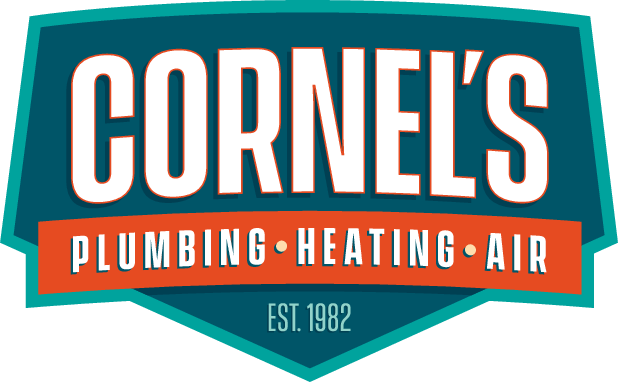
Nobody likes clogged drains. Not only are they a huge inconvenience, but they can also be a sign of bigger plumbing problems. In this blog post, we will give 5 tips for optimal drain hygiene. These tips will help you prevent clogs and other plumbing issues in your sinks and bathtubs. We will also discuss what to do if you end up with a clogged drain anyway.
Here are our top tips for keeping your drains clean and well maintained:
Tip #1: Use a Drain Cover
This is one of the simplest and most effective ways to prevent clogs. All you need to do is buy a drain cover (which can be found at any hardware store) and put it over your drain. This will catch any debris before it has a chance to clog your drain.
Drain covers are especially useful in your bathtub. They prevent hair from going down the drain which is a main cause of clogged bathtubs and shower drains. A drain cover also comes in handy when washing dishes; it will catch food and other debris to prevent it from clogging up your sink.
Tip #2: Use Hot Water
Hot water is your friend when it comes to clogged drains. Every time you use your sink, run the hot water for a minute or two afterwards. This will help break up any grease or soap scum that might be clinging to your pipes.
It’s a good idea to run hot water down your drains on a regular basis, even if you don’t think they’re clogged. This will help prevent clogs from forming in the first place.
Tip #3: Don’t Pour Grease Down the Drain
Grease is one of the main culprits when it comes to clogged drains. When hot grease cools, it hardens and can cling to your pipes, eventually causing a clog. To avoid this, never pour grease down your drain.
Instead, dispose of it in a container (like an old coffee can) and throw it away. You can also pour hot water down the drain to try and melt any hardened grease that might be clinging to your pipes.
Tip #4: Keep Drains Clean with Cleaning Solutions
There are many drain cleaners that can be found at local supermarkets and hardware stores that can help your drains stay clean. These solutions usually contain a mixture of chemicals that break up clogs and help to prevent new ones from forming.
If you want to avoid using harsh chemicals, there are a few things you can do to make your own drain cleaner. One option is to mix equal parts baking soda and vinegar. Pour this mixture down your drain and let it sit for an hour. Then, run hot water down the drain to flush it out.
Another option is to mix one part salt with four parts boiling water. Pour this down your drain and let it sit for half an hour before flushing it out with hot water. These methods should help break down buildup without damaging your pipes. A clogged drain plumber can also advise you on the safest chemical solutions for your drains.
Tip #5: Break Up Clogs As Soon As Possible
If you do end up with a clogged drain, don’t despair. There are a few things you can do to try and fix it yourself before calling a clogged drain plumber. But it’s important to work on the clog as soon as possible so it doesn’t get worse. You are more likely to have success fixing the clog if you act quickly.
One thing you can try is using a plunger. Put the plunger over the drain and push and pull it up and down. This will create suction that can help break up the clog. If this doesn’t work, try using a plumbing snake. A plumbing snake is a long, flexible piece of metal that you insert into the drain. Once it’s down there, you can twist it around to try and break up the clog.
If neither of these methods work, then you’ll need to call a plumber. A reputable plumber will safely locate and remove the clog without causing further damage to your pipes.
A Professional Plumber Can Help
We hope you found these tips helpful! Remember, the best way to avoid clogged drains is to take preventive measures. But if you do end up with a clog, don’t hesitate to call a professional!


